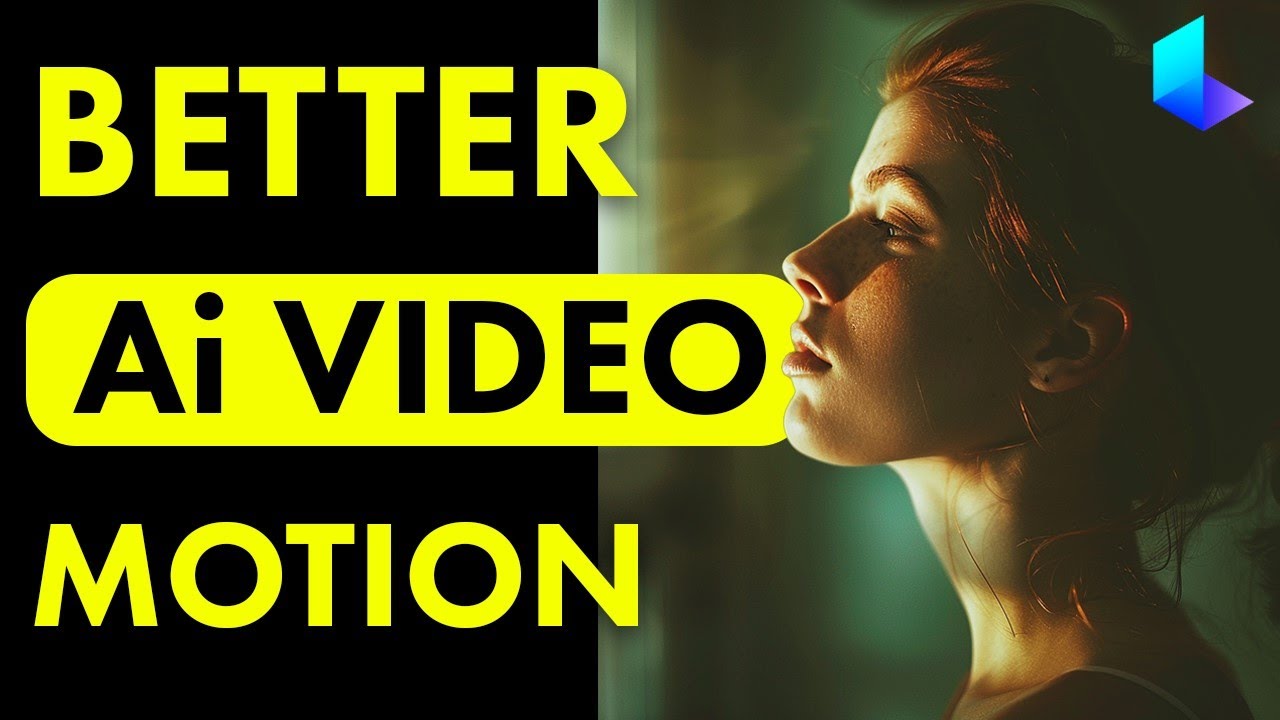How to Control Camera Motions in Luma Ai Video Generator!
People & Blogs

How to Control Camera Motions in Luma Ai Video Generator!
In this guide, we'll explore how to effectively control camera motions in the Luma AI video generator. We'll also demonstrate how to use prompts to guide and fine-tune the AI-generated videos for optimal results.
Troubles with Random Camera Motions
One common complaint is that the Luma video generator creates random camera motions, making it difficult to create cohesive films. For example, if you upload a photo of a boy and prompt "a boy in an anime," the resulting video might exhibit rapid, erratic panning, causing the main subject to fall out of frame.
How to Fix It
To address this, upload the same image of the boy and uncheck the enhanced prompt box located on the right. This setting appears to be the root cause of the erratic camera movements. Now, prompt "a boy in an anime static camera shot." This approach results in a stable, usable scene without the crazy panning.
Basic Camera Movements
Now that we've corrected the erratic motion, let's look at how to add controlled camera movements.
Panning
Using an image of an astronaut, make sure the enhanced prompt box is unchecked. Enter a prompt like "an astronaut walking, camera pans left." The generated video will pan left, as expected. A side-by-side comparison of panning left and right showed that, although there were some minor artifacts like a human face inside the helmet, the camera motions were correctly executed.
Tilting and Zooming
You can also try tilting the camera up and down, but this is less effective compared to panning. On the other hand, zooming works well. The prompt "camera zoom in" zooms in smoothly; however, "zoom out" isn't as functional. Use "camera pullback" to achieve a better zoom-out effect.
Extending Videos
You can extend videos up to 15 seconds using the extend button. This allows you to enter a new prompt to change camera movements, like transitioning from a zoom-in to a pullback, thereby keeping character consistency without distortion.
Rotating Camera Movements
You can rotate the camera using prompts for clockwise or counterclockwise rotation. However, the AI doesn’t always get directional rotations correct. Even if the AI incorrectly interprets the specific direction, it will understand the need for some form of rotation.
Combining Motions
Combining multiple motions in a single prompt does not work well. For instance, asking for "camera zooming and camera tilt" generally results in the AI defaulting to rotating in an arc instead of following the specified motions.
Follow Shots
For images taken from behind, the keyword follow works excellently, making the camera track the subject walking forward. This is effective, although there may be minor artifacts.
Panoramic and Time-Lapse Shots
Animated time-lapses and panoramic camera shots work well too. For example, a landscape shot with movement shows impressive results, even if minor deformations occur.
Controlling Subject Movements
Luma AI also allows for some control over the subjects within your videos. For instance, different facial expressions like smiling, laughter, and frowning can be managed effectively. Changing head motions, like "turning to face the camera," "looking up," and "looking down," is also handled well by the AI.
Limitations
However, more complex motions like making a subject stand up or a deer sitting down don't work effectively. The AI might only animate simple actions, such as walking forward or minor gestures.
Conclusion
Playing around with Luma has been quite enjoyable, and there are still many strategies for creating engaging videos. The developers have planned updates that might offer enhanced functionalities in the future.
Keywords
- Luma AI video generator
- Camera motions
- Enhanced prompt box
- Panning
- Tilting
- Zooming
- Extending videos
- Rotating camera
- Follow shots
- Panoramic shots
- Facial expressions
- Subject movements
FAQ
How do I stop the Luma AI video generator from creating random camera motions?
Uncheck the enhanced prompt box when setting up your video. This setting is the main cause of erratic camera movements.
Which camera movements can I control in the Luma AI video generator?
You can control panning, tilting, zooming, and rotating. Each type of movement has its own set of prompts that can guide the AI.
What is the best way to achieve a zoom-out effect?
Instead of using "zoom out," use the keyword "camera pullback" for a more effective zoom-out.
Can I combine multiple camera motions in a single prompt?
No, combining multiple motions in a single prompt often leads to incorrect results. It's better to focus on one specific movement per prompt.
Does the AI understand the direction for rotating camera movements?
The AI can execute rotation but may not always understand the directional aspect (clockwise or counterclockwise).
How do I make the camera follow a moving subject?
Use the keyword follow in your prompt, especially if the image is taken from behind the subject.
Can I control the facial expressions and movements of subjects within my video?
Yes, you can control various facial expressions and simple head movements, though more complex actions may not always be accurate.
How can I extend the length of my video while keeping it consistent?
Use the extend button to add more seconds to your video. You can then enter a new prompt to direct the camera movement for the extended portion.
By following these tips and tricks, you'll have a much smoother experience creating AI videos with Luma. Happy creating!